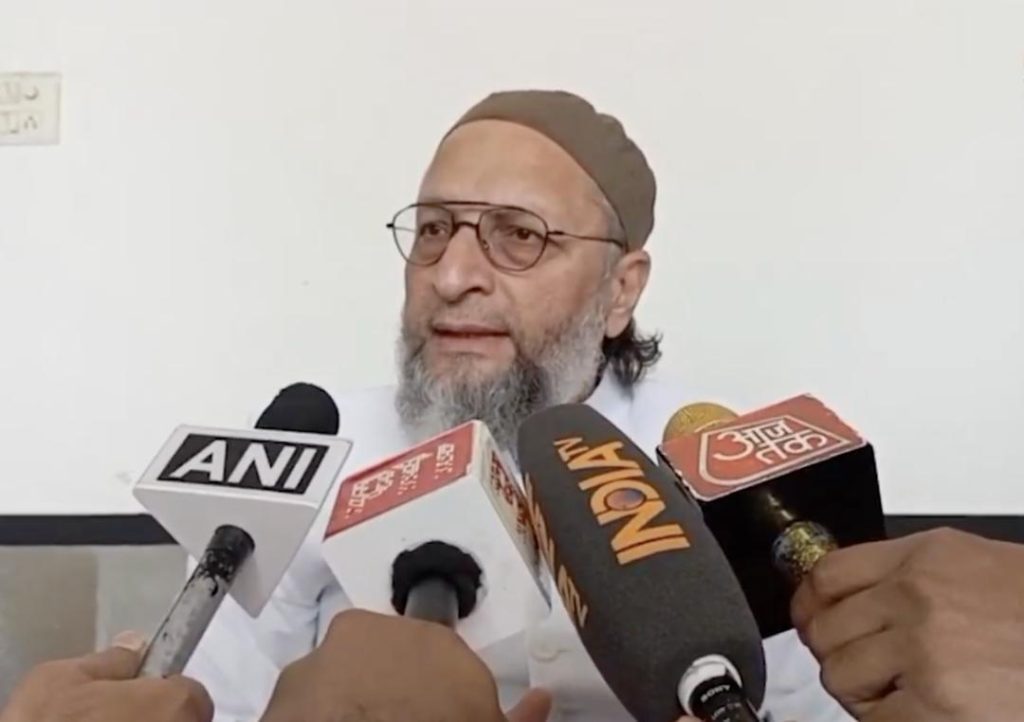
Arrest 4-5 ministers & govt is gone: Owaisi on PM-CM removal Bills
The recent Constitution (130th) Amendment Bill has sent shockwaves across the political spectrum, with many experts and politicians expressing concerns over its implications. The proposed bill aims to provide for the removal of the Prime Minister, Chief Ministers, and ministers who have been arrested for at least 30 days. AIMIM chief Asaduddin Owaisi, however, has taken a strong stance against the bill, terming it as a “recipe for disaster”.
In a recent statement, Owaisi questioned the need for such a bill, asking what it would achieve. He stated, “Just arrest four-five ministers, and government is gone.” His comments have sparked a heated debate on social media, with many calling for the bill to be scrapped.
Owaisi’s concerns are not unfounded. The bill, if passed, would give the President unprecedented powers to remove the Prime Minister and other government officials. This could potentially create a power vacuum, leading to political instability and chaos.
The bill is part of a larger effort to strengthen the country’s anti-defection laws. However, many experts believe that it goes too far, potentially paving the way for the removal of democratically-elected officials without due process.
Owaisi’s comments have sparked a heated debate on social media, with many calling for the bill to be scrapped. Some have argued that the bill is necessary to prevent the misuse of power by government officials. Others have expressed concerns over the potential misuse of the President’s powers.
The debate is not limited to social media, with many politicians and experts weighing in on the issue. The opposition parties, in particular, have been vocal in their opposition to the bill. They argue that it is a blatant attempt by the ruling party to consolidate power and undermine the principles of democracy.
The bill has also sparked concerns over the potential impact on the country’s political stability. Many experts believe that it could lead to a power vacuum, potentially creating an environment conducive to political instability.
The government, however, has defended the bill, arguing that it is necessary to prevent the misuse of power by government officials. They claim that the bill is designed to ensure that democratic institutions are protected and that the country’s political system is strengthened.
Despite the controversy surrounding the bill, it is likely to be passed by the parliament. The ruling party has a majority in the house, and it is unlikely that they will be able to muster the necessary support to block the bill.
In conclusion, the Constitution (130th) Amendment Bill is a highly controversial piece of legislation that has sparked a heated debate on social media and among politicians. AIMIM chief Asaduddin Owaisi has expressed strong concerns over the bill, terming it as a “recipe for disaster”. While the government has defended the bill, many experts and opposition parties have expressed concerns over its implications. As the bill is likely to be passed by the parliament, it remains to be seen how it will impact the country’s political stability and democratic institutions.






